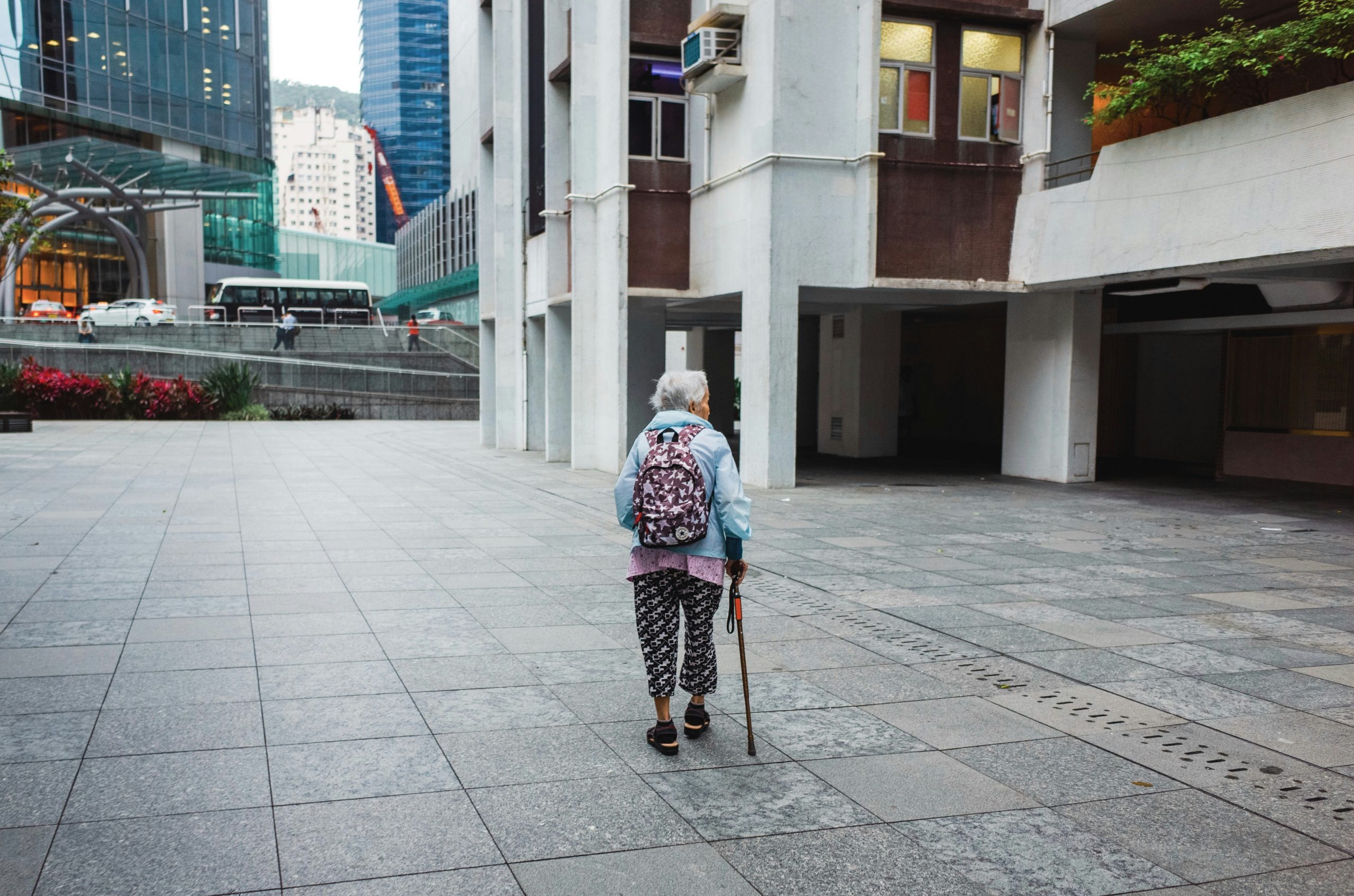
The global increase in the number of older adults with cognitive impairments has prompted widespread adoption of lifestyle interventions, such as physical activity, to mitigate cognitive decline and enhance cognitive functioning.
This study explores the impact of the built environment on recreational walking route choices among older adults experiencing subjective cognitive decline, a demographic that has received limited attention despite its vulnerability as road users.
The investigation aims to enhance our understanding of these relationships to inform the development of age-friendly infrastructures and neighborhoods, thereby contributing to significant health benefits and influencing urban development and transportation planning.
Data were collected from 133 older adults (60+ years) with subjective cognitive decline in four neighborhoods in Shanghai, China, encompassing cognitive functioning levels and recreational walking routes. Segment-level street features were measured to capture built environment characteristics, and a random forest machine learning model was applied to analyze associations between the local built environment and recreational walking route choices.
Results indicate that segment width, segment choice (a space syntax metric), guard rail density, and sidewalk width significantly influence walking route choices among these older adults, demonstrating complex, non-linear relationships with threshold effects. For example, segments 5–8 m wide are preferred for their safety, while those 8–10 m wide see reduced usage due to increased traffic.
These findings offer insights to enhance the effectiveness of interventions aimed at creating more walkable built environments for older adults experiencing subjective cognitive decline and provide a methodological framework applicable to diverse study areas and population subgroups.
Yuan, Q., Hu, Y., Steiner, R., Manini, T.D., & Bai, X. (2025). Mindful walks: Understanding the connection between street characteristics and recreational walking routes in older adults with cognitive concerns, Cities, 162, 105969.